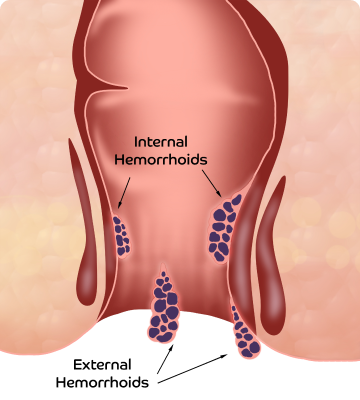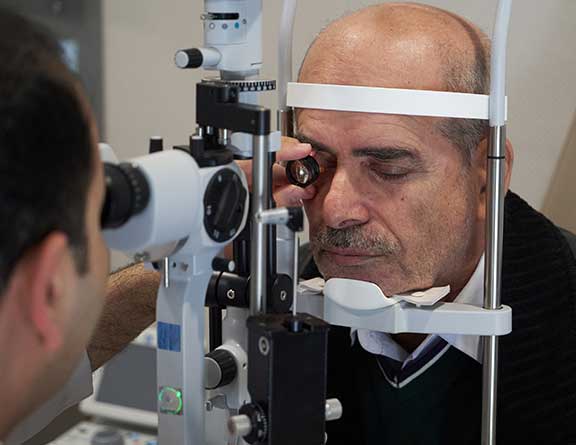Safe and effective cataract surgery for improved vision at Pristyn Care
Pristyn Care provides the following benefits for cataract surgery –
- Book walk-in and online consultation
- 30% off on diagnostic tests
- Cab facility for Book pick-up and drop
- Experienced eye surgeons with an average of 15+ years of experience
- Accepts all insurances
- Cashless facility and zero cost EMI
- Option of choosing a wide range of imported and Indian brands of intraocular lenses
What are the different types of Intraocular lenses (IOL) available at Pristyn Care eye hospitals?
Different types of IOLs include the following –
Monofocal Lenses – Monofocal lenses are standard lenses that are designed to give you a crisp, clear vision for one particular distance (either short, middle, or long). These lenses will allow you to see clearly at the chosen distance but you’ll still require glasses for the other distances. Based on your lifestyle and daily activities, you can choose to correct the following distances –
- Short distance
- Middle distance
- Long-distance
Multifocal Lenses
If the patients with myopia and hypermetropia wish to correct both their visions and get rid of glasses for spherical power, they can use multifocal lenses. A multifocal lens splits the light in each eye to help focus on near and distant objects.
Multifocal lenses are implanted into both eyes and are ideal for patients who are not suffering from any other eye disease. However, these lenses decrease the contrast of each eye and some people may notice halos or glares at night. Hence, people with multifocal lenses are not advised to drive a lot at night.
Trifocal Lenses –
Patients can opt for trifocal lenses, which are commonly known as EDOF (Extended Depth of focus). These lenses provide clear vision for near, far, and intermediate distances in between. This lens is helpful for patients who have a significant screen time on computers or performing many types of day-to-day work.
Toric Lenses –
While all the above lenses correct the spherical power (due to the natural lens) of the eye, the cylindrical power (due to dissymmetry in the curve of the cornea) remains unchanged. Toric lenses are prescribed for people suffering from astigmatism. These lenses can correct both the spherical and cylindrical components of the eye. So, if you have a high pre-existing cylinder or astigmatism, toric lenses are the best choice after cataract surgery.









.svg)









